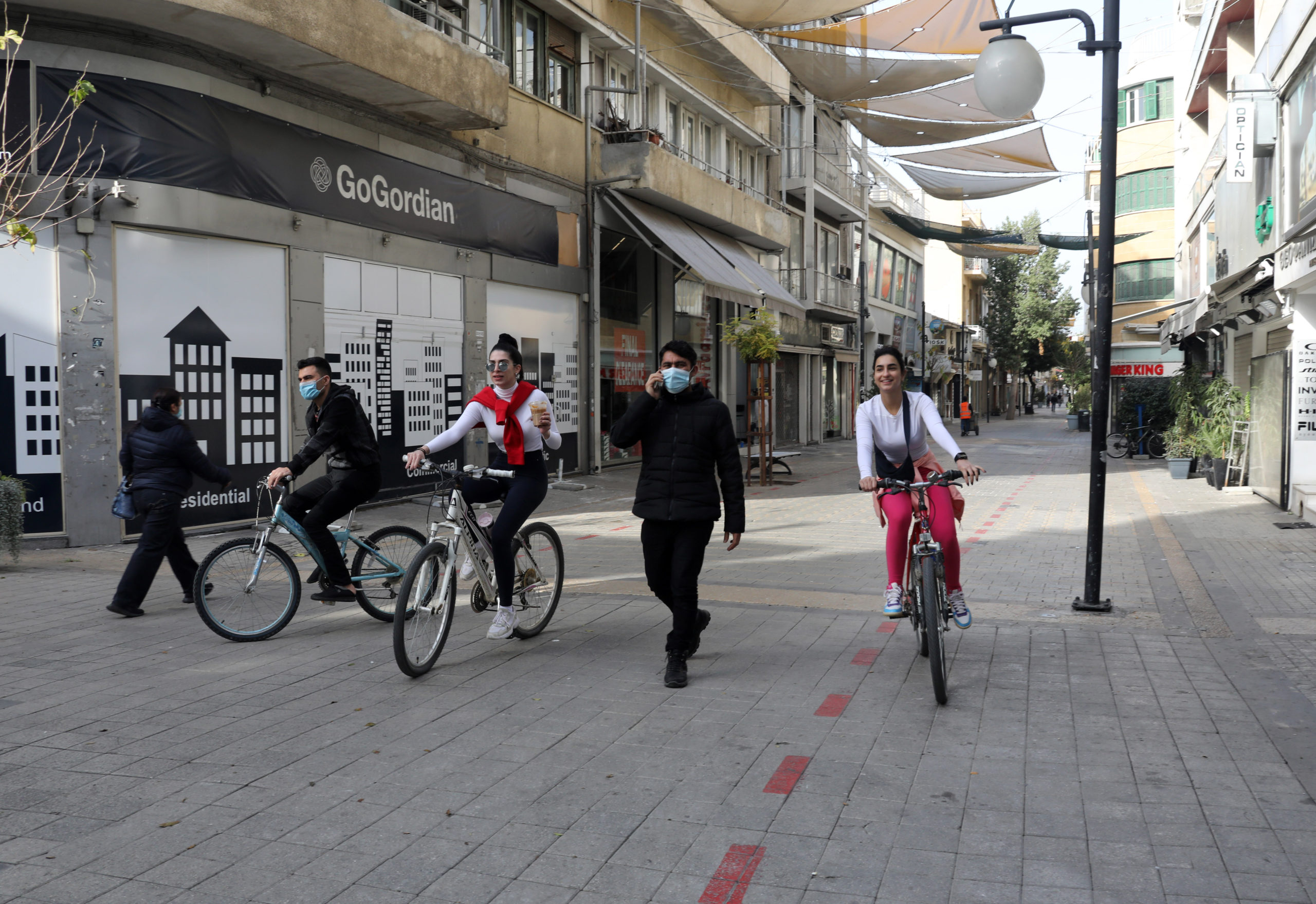Despite Lockdown II in its infancy, epidemiologists advising the government are drawing up plans on what measures can be gradually lifted from February, taking into consideration various scenarios on how the virus might spread.
In comments to the Financial Mirror, virologist Peter Karayiannis said that lifting the lockdown should not take as long as it did the first time around, but will, however, depend on the number of patients in hospitals and vaccines available.
“Hospitalizations were the main factor that forced us to take stricter measures and, as expected, they will be key to applying any relaxations from February,” said Karayiannis.
The professor said he expects to see an increase of COVID-19 patients needing to be hospitalised, as a result of the high number of cases recorded in previous weeks.
Experts expect to see admissions reach their peak during the next few days and will then start to drop as the lockdown measures start to pay off.
He noted that lifting measures entirely will not take as long as the first lockdown imposed last March to late May when measures were still being lifted months later, as efforts to control the pandemic in have been boosted by vaccines.
“We have already vaccinated most of the elderly people in nursing homes and their frontline workers, while a large part of the over 80s population has also had their jab,” said Karayiannis.
“The real game-changer will be the approval of AstraZeneca’s vaccine, as we are expected to receive more than one million doses, speeding up our vaccination program.
“If the vaccine is approved by early February, we should be in a position to lift most measures sometime in March”.
He explained that the latest lockdown was introduced to minimise people’s interaction, as data showed that most infections took place in closed environments such as homes and the workplace.
Karayiannis believes the first measure to be lifted will be the restriction on people movement, currently, Cypriots are confined to their homes, allowed to go out just twice a day.
Any set of measures to stem a surge of the coronavirus need three weeks to start paying off and then a couple of weeks to bring about stabilization in the number of new cases reported for essential business or exercise.
“This process, however, will be speeded up with the help of a mass vaccination program, which will have covered a large part of the country’s vulnerable groups,” said Karayiannis.










